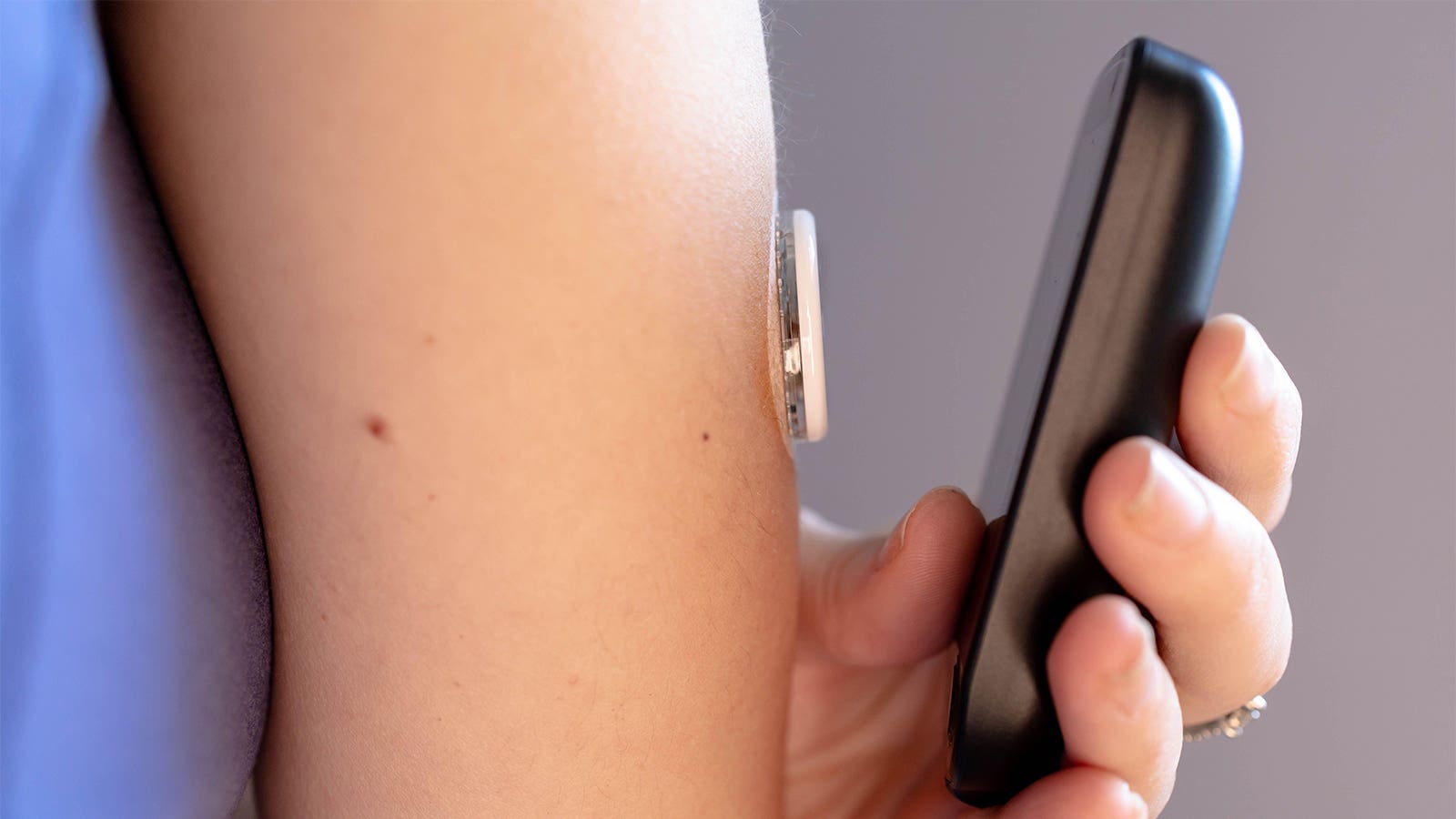In variety 1 diabetes, glucose fluctuations had been linked with cognitive processing tempo, nevertheless not sustained consideration, researchers reported.
Primarily based on data collected every 5 minutes from regular glucose shows, big fluctuations in glucose had been associated to slower processing tempo as measured by digital symptom matching response time, Zoë Hawks, PhD, of McLean Hospital in Belmont, Massachusetts, and colleagues found.
This hyperlink was important all through three completely completely different ecological momentary analysis completion cutoffs for digital symptom matching response time (≥50%, ≥66%, and ≥80%), they detailed in npj Digital Medicine.
Glucose fluctuations weren’t associated to sustained consideration, as measured by gradual onset regular effectivity check out.
“We don’t suppose that big glucose fluctuations are healthful for the physique, nevertheless our outcomes furthermore suggest that when your glucose is much completely completely different from what your physique is used to, you could uncover that your pondering is slower or further sluggish,” co-author Laura Germine, PhD, of the McLean Institute for Experience in Psychiatry, outlined to MedPage Right now. “Sustaining regular glucose is significant for complete properly being and might likely finish in further regular cognitive carry out as correctly from hour to hour and every day.”
There have been moreover explicit individual variations when it bought right here to cognitive vulnerability to glucose fluctuations, displaying they might affect some higher than others.
“Although most victims had slower pondering tempo when their glucose was low or very extreme, people differed heaps in how so much their pondering was impacted by modifications in glucose,” Germine added. “For some people, regularly modifications in glucose made them noticeably slower in how quickly they could reply. For various people, these an identical modifications in glucose didn’t make an infinite distinction.”
As an example, when glucose was one commonplace deviation beneath its frequent, victims with a extreme vulnerability to glucose fluctuations responded 0.76 ms and three.24 ms slower on gradual onset regular effectivity check out and digital symptom matching response events, respectively, than these with low vulnerability. Likewise, when glucose was two commonplace deviations beneath its suggest, victims with extreme vulnerability to glucose fluctuations responded 1.8 ms and 9.30 ms slower response time on the two exams, respectively, than these with low vulnerability.
Germine talked about clinicians should be acutely aware that victims can have very completely completely different responses to the an identical glucose diploma and that the an identical glucose diploma may be associated to pondering difficulties for one affected individual nevertheless not one different.
Complete, contributors consistently scored their quickest digital picture matching response time when glucose ranges had been barely bigger than their explicit individual frequent diploma. The quickest effectivity on frequent occurred at 0.72 commonplace deviations (47.49 mg/dL) above an individual’s private glucose suggest and was associated to 0.57% (5.30 ms) effectivity purchase, relative to their cognitive averages.
“This was an important discovering on account of people with diabetes often report feeling greater at a glucose diploma that is bigger than what’s taken under consideration healthful,” co-author Naomi Chaytor, PhD, of Washington State School in Spokane, talked about in a press launch.
“It could be that your thoughts habituates to a glucose diploma that it is used to,” Chaytor recognized. “So a subsequent step on this evaluation is to see whether or not or not the glucose diploma associated to peak effectivity shifts down into the traditional differ when the time frame spent above differ is diminished, which can be achieved through use of automated diabetes administration strategies.”
In a post-hoc analysis, neck circumference popped up as an shocking variable that impacted the hyperlink between explicit individual variations in cognitive vulnerability to glucose fluctuations. Primarily based on correlation exams, sleep apnea risk (r=0.43, P<0.001) and better physique adiposity (r=0.16, P=0.051) had been linked with explicit individual estimates of cognitive vulnerability to glucose fluctuations, whereas gender wasn’t (r=0.11, P=0.17).
The study included 200 adults with variety 1 diabetes and a median age of about 46 years. Somewhat bit over half had been female, frequent HbA1c was 7.5%, and glucose was 182.3 mg/dL. Primarily based on regular glucose measures, glucose was in aim differ (70-180 mg/dL) on frequent 54.6% of the time and was above 180 mg/dL 42.5% of the time.
For the digital picture matching check out, victims had been launched with a target-symbol and a digit-symbol pairing key and used a touchscreen to press the digit that was paired with the aim picture within the necessary factor. Each ecological momentary analysis session lasted 30 seconds. For the gradual onset regular effectivity check out, victims thought-about a spherical, grayscale image of a metropolis or mountain and had been instructed to press their touchscreen gadget when the image depicted a metropolis and withhold a response when the image depicted a mountain. Each session lasted 60 seconds and consisted of 75 trials.
Disclosures
The study was supported by grants from the Nationwide Institutes of Effectively being, the Thoughts & Conduct Evaluation Foundation, and the Alzheimer’s Affiliation.
The researchers reported relationships with the Many Brains Problem, Adaptelligence, Blueprint Effectively being, Aphelion Capital, Eli Lilly, Novo Nordisk, Insulet, Tandem, Amgen, MannKind, Diasome, DexCom, Medtronic, and Jazz Prescribed drugs.
Main Provide
npj Digital Medicine
Provide Reference: Hawks ZW, et al “Dynamic associations between glucose and ecological momentary cognition in variety 1 diabetes” npj Digit Med 2024; DOI: 10.1038/s41746-024-01036-5.
Please permit JavaScript to view the suggestions powered by Disqus.
